

Ben Zachariah
Police issue warning against popular 4x4 accessory
54 Minutes Ago

Founder
Volvo says it’s on track for cost parity between electric vehicles and combustion-powered vehicles by 2025, helped along by a removal of reliance on internal combustion engine development.
The company’s chief commercial officer and deputy CEO Bjorn Annwall told CarExpert that, unlike some brands that persist with internal combustion development, Volvo’s commitment to be a battery electric vehicle company by 2030 means it has a potential for cost parity by mid-decade.
“I think it’s really important that you get cost parity between BEV [battery electric vehicle] and ICE,” Mr Annwall said.
“Our whole technical roadmap is geared to achieve exactly that, that by mid-decade, the cost for BEV should be same as ICE. And that’s the reason we need to work on optimising the full flow in a different way to get that out.
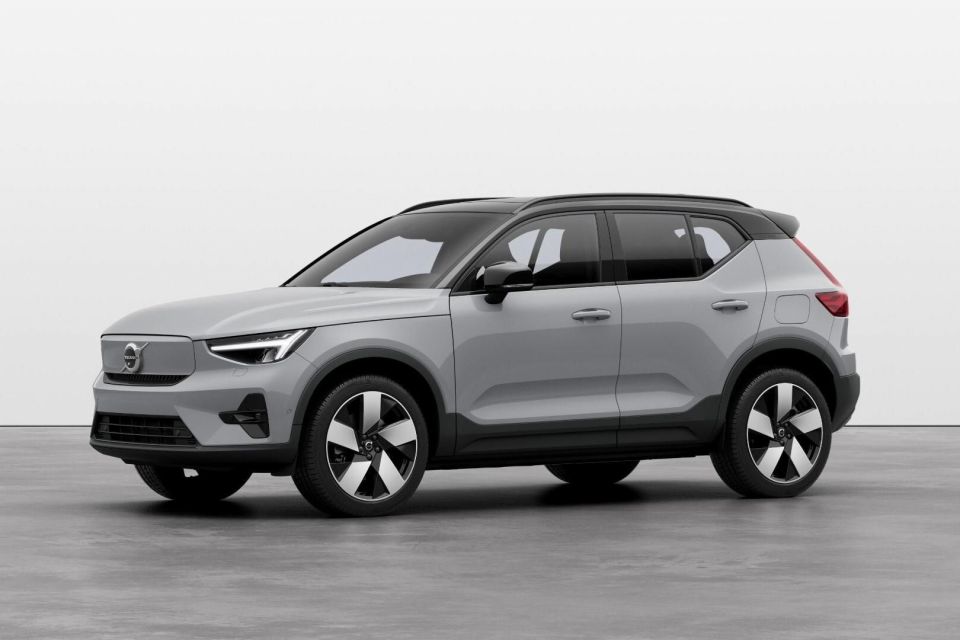
“That said, it’s probably easier to achieve for a premium car manufacturer than a mass manufacturer. That’s why it can happen much quicker for Volvo who’s also as I said, we’re a relatively small brand, so of course, we can drive this quicker than a kind of cheap mass brand with different brand positioning. But I firmly believe we’ll get there.”
EVs typically have a higher upfront cost than a comparable combustion-powered vehicle, and much of that additional cost is due to the large battery sitting underneath.
Volvo has previously said it aims to reach battery pack costs of $100 per kilowatt hour (kWh) by 2025-26, even as raw material costs have risen. The CATL-sourced lithium iron phosphate battery in the Tesla Model 3 is currently the global leader in affordability according to a recent teardown, with a cost of $131 per kWh.
There’s currently a circa-$20,000 gulf between the most affordable versions of its petrol-powered XC40 and its electric XC40 Recharge, though there are also specification differences that cloud the comparison.
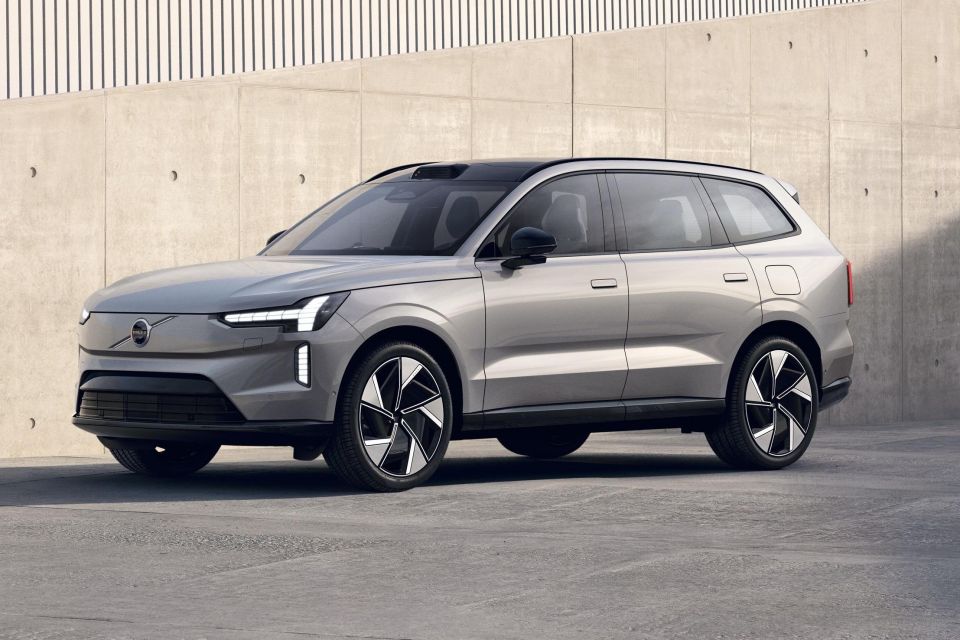
As Mr Annwall said, it’s much easier for Volvo to achieve cost parity than other established automakers given its premium position. But it also shows how companies like Toyota, who have a less strict approach could struggle in the shift to full electrification in the future.
These legacy automakers will likely continue developing internal combustion engines for a huge number of markets, while also still needing to focus on electrification for others.
It also suggests that we won’t see cost-effective electric vehicles for the average consumer for some time given the lack of electric vehicle companies wanting to service the lower end of the consumer market.
Go deeper on the cars in our Showroom, compare your options, or see what a great deal looks like with help from our New Car Specialists.
Paul Maric is a CarExpert co-founder and YouTube host, combining engineering expertise with two decades in automotive journalism.


Ben Zachariah
54 Minutes Ago
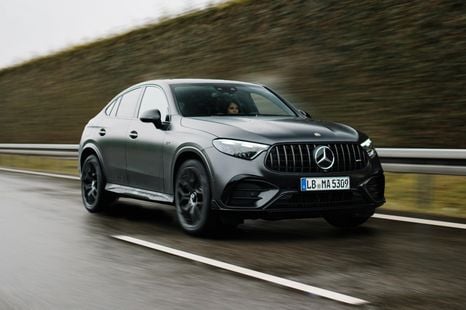

William Stopford
2 Hours Ago
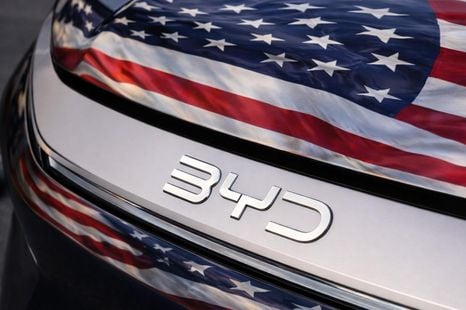

Damion Smy
4 Hours Ago
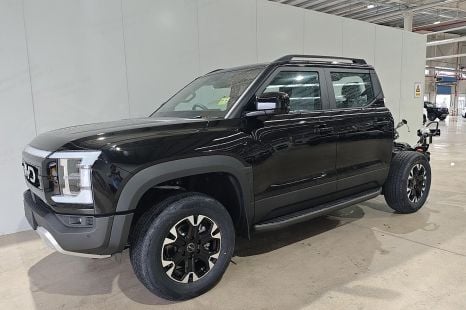

William Stopford
5 Hours Ago
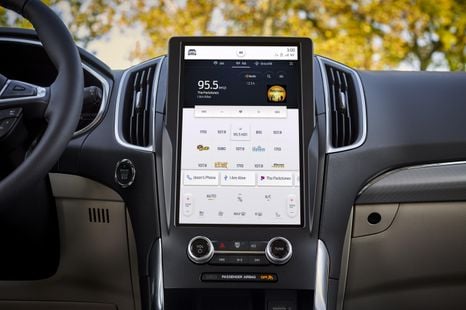

Damion Smy
6 Hours Ago
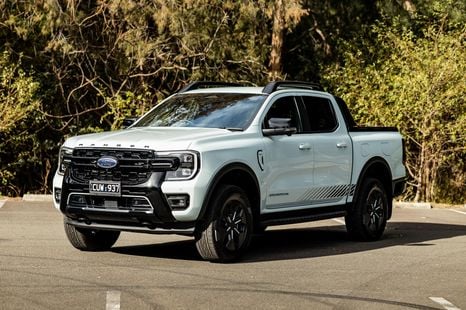

Damion Smy
7 Hours Ago
Add CarExpert as a Preferred Source on Google so your search results prioritise writing by actual experts, not AI.